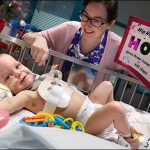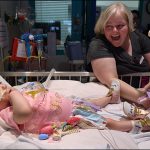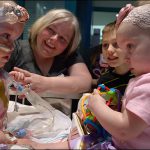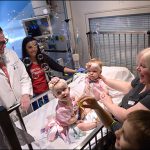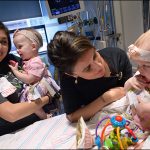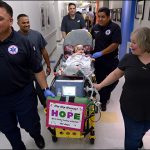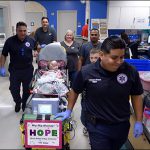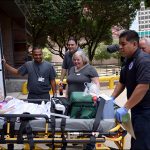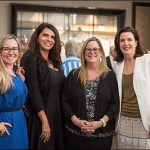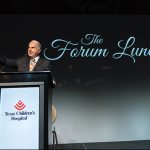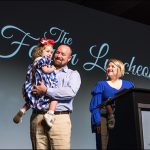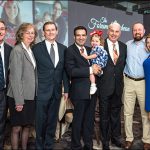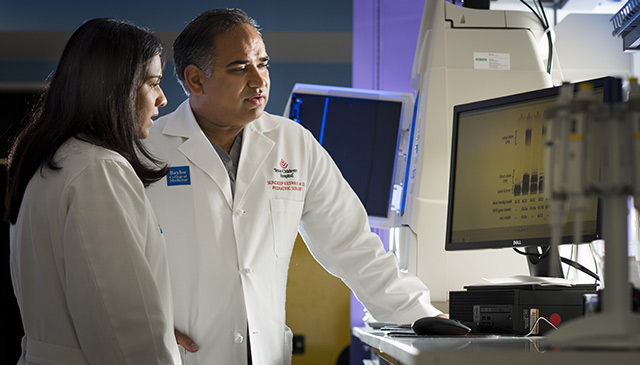 Scientists at Texas Children’s Hospital, Rice University and Baylor College of Medicine have won a prestigious National Institutes of Health grant to study the dynamic processes and cellular players linked to discrete subaortic stenosis (DSS), a congenital heart disease.
Scientists at Texas Children’s Hospital, Rice University and Baylor College of Medicine have won a prestigious National Institutes of Health grant to study the dynamic processes and cellular players linked to discrete subaortic stenosis (DSS), a congenital heart disease.
The $2.2 million, four-year R01 grant administered by the National Heart, Lung and Blood Institute will allow a team led by Dr. Sundeep Keswani and Jane Grande-Allen to develop computer and tissue-engineered models to predict the recurrence of DSS lesions of the left ventricular outflow tract (LVOT).
Keswani is a surgeon and director of surgical research at Texas Children’s and an associate professor in the Michael E. DeBakey Department of Surgery at Baylor. Grande-Allen is Rice’s Isabel C. Cameron Professor of Bioengineering and chair of the university’s Department of Bioengineering.
In normal hearts, blood passes through the tract from the left ventricle to the aorta. In patients with DSS, a fibrous tissue membrane forms and prevents blood flow from leaving the heart. Heart surgery is the only current option to manage the disease, but up to 30 percent of patients have an aggressive form of DSS in which the membrane recurs, and these patients may have to undergo further cardiothoracic surgery. The researchers believe a better understanding of how the fibrous membranes form will help doctors manage the disease.
“We have found some striking differences between patients who have the aggressive form of the disease and those who do not,” Keswani said. “These findings will give insight into the mechanism of how this membrane forms and perhaps why some humans have a more pro-fibrotic phenotype.
“This project is the just the beginning of understanding how different kinds of biomechanical forces interact with cells in the LVOT to produce fibrosis,” he said.
Working with co-investigator Philippe Sucosky of Wright State University, the research team has developed preliminary computational fluid dynamic models that mimic the complex shear forces and the altered geometry of the tract observed in DSS. The models will help the researchers develop a physical bioreactor to investigate interactions between the major cellular players in DSS: the endocardial endothelial cells that are exposed to shear forces, the cardiac fibroblasts that facilitate fibrosis and the circulating immune cells.
“Understanding the mechanisms of how altered shear forces induce fibrosis in the LVOT is a major gap in our knowledge,” Grande-Allen said. “If we can predict recurrence of DSS lesions of this outflow tract, we can change the way the disease is managed and really improve the quality of life for these children.”
Preliminary computer model data suggested that altered internal geometries in children’s hearts generate turbulence in the flow of blood. That affects the shear forces in the LVOT that in turn trigger an inflammatory response by endothelial cells and encourage the formation of fibrous tissue.
In the future, Grande-Allen and Keswani expect their work will help prevent fibrotic lesions by identifying targets in advance. That ability could also help treat other fibrotic cardiovascular diseases associated with altered flow.
Keswani said Texas Children’s, which U.S. News & World Report ranked No. 1 in the nation this week for pediatric cardiology and heart surgery, is uniquely suited to take on the project. “This world-class facility and tremendous volume have driven this project from the bedside to the bench, and this award will hopefully allow us to return to the bedside armed with new tools to help these patients,” he said. “This collaboration is the perfect weave between bioengineering and surgery.”
“Bioengineers bring a unique way of approaching surgical challenges and surgeons bring the surgical insight and the science, resulting in a synergistic relationship,” Keswani said. “In addition, it has been absolutely essential to the success of this project to have the support of our surgical leadership, who are strong advocates for surgical research as a means to develop innovative care for patients.”
Keswani is the principal investigator for Texas Children’s Laboratory for Regenerative Tissue Repair and a pediatric and fetal surgeon. His laboratory investigates the interaction of inflammation and the extracellular matrix that drives fibrosis with the goal of developing anti-fibrotic, regenerative therapies. Grande-Allen’s Integrative Matrix Mechanics Laboratory specializes in studying the composition and behavior of biological tissues, with a particular interest in heart valves.
The project also received support from the Virginia and L.E. Simmons Family Foundation Mini-Collaborative Research Fund and a gift from Lew and Laura Moorman.


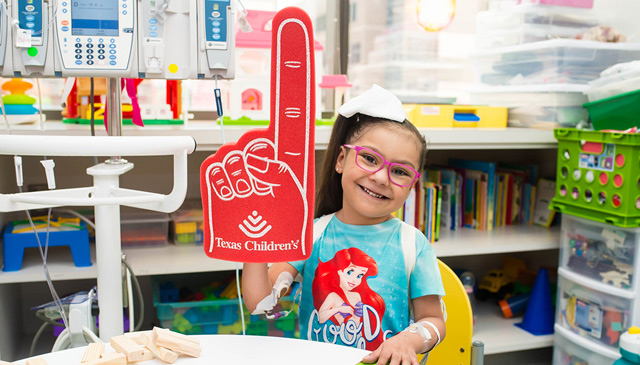
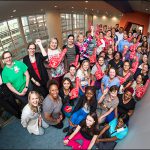
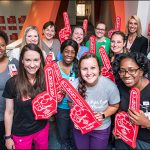


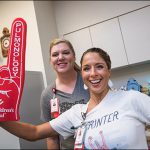
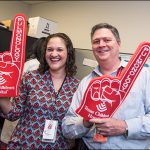
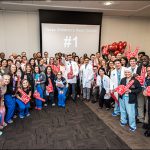
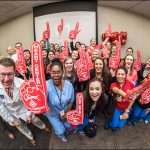

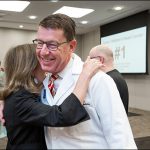
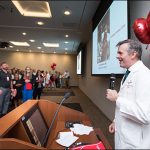
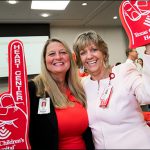
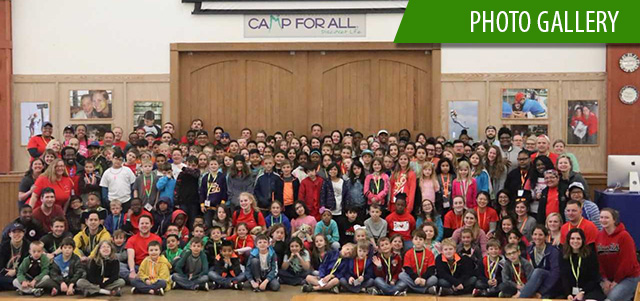 Almost 130 children, ages 8 to 12 years old, recently attended “Camp Pump It Up,” a camp for patients with cardiac disease and their siblings.
Almost 130 children, ages 8 to 12 years old, recently attended “Camp Pump It Up,” a camp for patients with cardiac disease and their siblings.


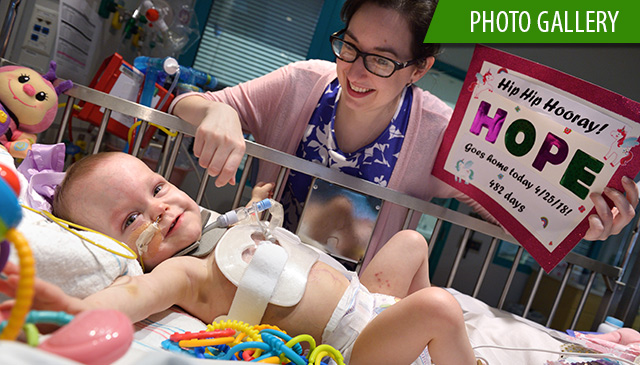 Hope Elizabeth Richards, one of the formerly conjoined twin girls separated at Texas Children’s earlier this year, was discharged April 25 after spending 482 days in the hospital. Hope joined her sister, Anna Grace, who was discharged on March 2.
Hope Elizabeth Richards, one of the formerly conjoined twin girls separated at Texas Children’s earlier this year, was discharged April 25 after spending 482 days in the hospital. Hope joined her sister, Anna Grace, who was discharged on March 2.